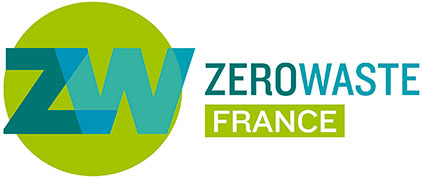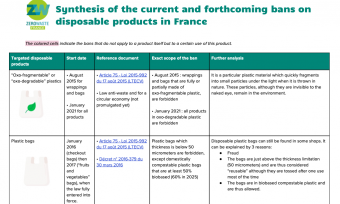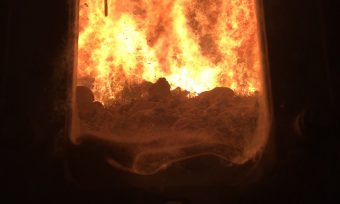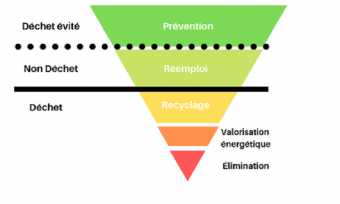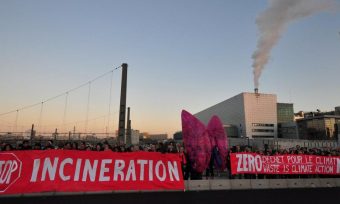In 2019, the « Nothing New » challenge changes scale
Target: 100 000 people who commit to buy as less new goods as possible during one year!
After a first session which overtook Zero Waste France expectations, the Nothing New challenge goes on in 2019 with the target of 100 000 people joining the challenge. The aim of this large scale engagement is double: first is to economise several million of tons of resources, second is to send a strong message to political and economical leaders.
The principle is simple : each participant commits itself to buy as less as possible new goods in 2019, and choose alternatives : repair, second hand, donation, rent, polling…For this second edition, Zero Waste France has developed new tools to help participants, and especially a tool which will allow everyone to follow the impact of its actions all over the year.
Join the Nothing New ChallengeInnovation of the 2019 challenge: measuring individual and collective impact
Thanks to data produced by « ADEME » in 2018, Zero Waste France has been able to develop a tool which allows each participant to know the economy of resources when not buying new. For example, a repaired or second hand micro-wave helps preserving more than 2 tons of raw materials.
This tool will help participants to stay motivated all over the year by showing them the result of their commitment, but also to measure the global impact of the challenge in terms of resource economy. It is also a good way to make visible the huge amount of raw material which is consumed to produce consumption goods, usually not seen by the consumer.
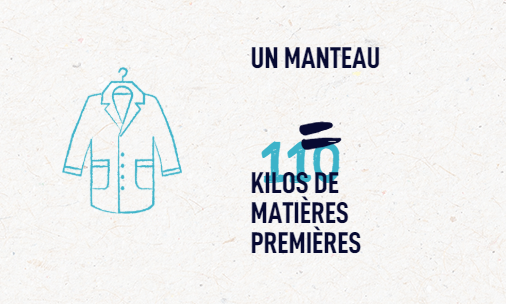
In that aim, the program of 2019 « Nothing New » challenge provides events all over France, which will be an occasion to discover local alternatives to new objects.
